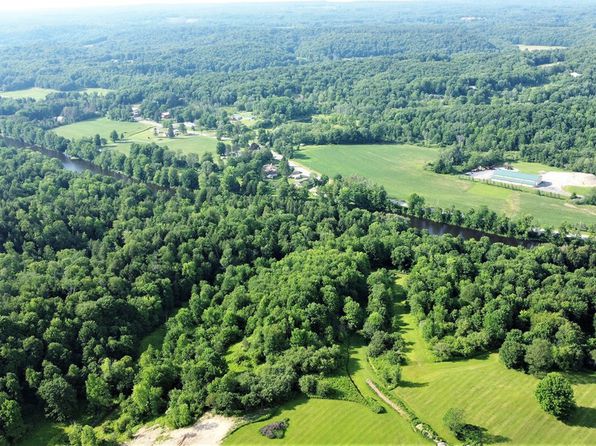What is Stormwater?
Stormwater is water from rain or melting snow that doesn't soak into the ground but runs off into waterways. As the runoff flows over the land or impervious surfaces (such as paved streets, parking lots, and building rooftops), it may accumulate debris, chemicals, sediment or other pollutants that could adversely affect water quality in the receiving waterbody.
Polluted runoff may impact lakes, rivers, wetland and other waterways in a variety of ways. For example, transported soil may cloud the waterway and interfere with the habitat of fish and plant life. Nutrients such as phosphorus and nitrogen (that are often found in fertilizer) can promote the overgrowth of algae, deplete oxygen in the waterway and be harmful to other aquatic life. Toxic chemicals from automobiles, sediment from construction activities and careless application of pesticides and herbicides threaten the health of the receiving waterway and can kill fish and other aquatic life. Bacteria from human and animal wastes can make nearby lakes and streams unsafe for wading, swimming and the propagation of edible fish.
According to an inventory conducted by the United States Environmental Protection Agency (EPA), half of the impaired waterways studied are affected by stormwater runoff originating in urban/suburban areas and construction sites. Stormwater management, especially in urban areas, is the focus for seeking further reductions in pollution in waterways.

















